Elon Musk and Artificial Intelligence
Table of Contents
Elon Musk, the visionary entrepreneur within the company of Tesla, SpaceX, and Neuralink, isn’t only drawing closer to rocket technology and electric automobiles but also a vocal proposal for accountable artificial intelligence (AI). His pronouncements at the challenge varied from careful optimism to dire warnings, taking pictures of the sector’s interest and sparking heated debates. This blog delves into the complicated relationship between Elon Musk and artificial intelligence, exploring his investments, problems, and very last vision for the destiny of this transformative era.
Early Encounters and Growing Apprehension
Musk’s fascination with AI dates back to his early days in Silicon Valley. He co-primarily based Zip2, a web software program company, in 1995, and later X.Com, which merged with Confinity to become PayPal. Both ventures are worried about early applications of AI for financial facts evaluation and fraud detection. However, his initial optimism steadily gave manner to hassle as he witnessed the fast advancements within the location.
In 2014, Musk co-founded OpenAI, a non-earnings research agency committed to developing secure and beneficial AI. This flow highlighted his growing apprehension about the dangers of unregulated AI, specifically its capability to surpass human intelligence and pose an existential risk. He has famously compared AI to “summoning a demon” and called for worldwide collaboration to install ethical pointers and safety measures.
Investing in the Future: From Tesla Autopilot to Neuralink
Despite his anxieties, Musk recognizes the sizable ability of AI to revolutionize various sectors. Tesla Autopilot, a set of advanced driver-help structures in Tesla cars, is carefully based on AI for self-using capabilities. He views self-using vehicles as a critical issue of sustainable transportation, aiming to motivate them to mainstream and significantly lessen site visitor accidents.
Neuralink, every different brainchild of Musk, pushes the boundaries of human-device interaction. This neurotechnology organization develops mind-pc interfaces (BCIs) to merge human and artificial intelligence. While the moral implications of BCIs are nonetheless being debated, Musk envisions them enhancing human cognitive abilities and treating neurological issues.
The Singularity and the Quest for Superintelligence
One of the most debatable factors of Musk’s attitude toward AI is his notion of the capability for a technological singularity, a hypothetical 2D when AI surpasses human intelligence and triggers an uncontrollable transformation of society. While some view this as technology fiction, Musk emphasizes the need for aggressive measures to ensure AI remains aligned with human values and goals.
His advocacy for superintelligence, a hypothetical shape of AI with a protracted manner extra cognitive capabilities than human beings, further fuels the debate. While a few see it as the key to solving complex worldwide challenges, others worry about the capacity for intelligence past human manipulation. Musk believes that cautiously designed superintelligence should guide humanity toward a utopian future.

Navigating the Maze: Challenges and Opportunities
The relationship between Elon Musk and artificial intelligence is complicated and evolving. His outspoken warnings about the capability risks of AI have raised focus and sparked critical discussions about ethical improvement and governance. However, his investments in corporations like Tesla and Neuralink display his perception of the era’s capability to advantage humanity.
The avenue for AI is fraught with challenges, from ensuring fairness and transparency in algorithms to mitigating interest displacement and preventing misuse for malicious functions. However, possibilities abound in sectors like healthcare, weather trade mitigation, and clinical discovery.
Conclusion: A Call for Responsible Innovation
Elon Musk’s pronouncements on AI effectively remind us of the enormous obligation we’re going through in shaping this transformative generation. By fostering open talk, prioritizing ethical development, and setting up robust governance frameworks, we will harness AI’s power for humanity’s betterment. Ultimately, the story of Elon Musk and synthetic intelligence could be better. One guy’s imagination and prescience; it is about the collective options we make to ensure that this effective tool serves us all.
FAQs :
What is Elon Musk’s biggest hassle about synthetic intelligence?
Musk’s number one issue is that unfettered AI development has to cause an existential danger for humanity. He worries about situations wherein AI surpasses human intelligence and will become uncontrollable, potentially posing hazards like self-maintaining guns or superintelligence beyond human comprehension.
What are some businesses Elon Musk has invested in that might be working on AI?
- Tesla: Tesla Autopilot and self-driving era heavily depend upon AI for advanced motive pressure-assist systems and future autonomous riding skills.
- Neuralink: This neurotechnology employer develops thoughts-computer interfaces (BCIs) that aim to merge human and synthetic intelligence, probably enhancing cognitive talents and treating neurological problems.
- OpenAI: Musk co-founded this non-profit studies agency committed to growing stable and beneficial AI, emphasizing ethical improvement and hazard mitigation.
What is the “singularity,” and why is Elon Musk involved in it?
The singularity refers to a hypothetical second in destiny while AI surpasses human intelligence and triggers an uncontrollable transformation of society. Musk believes this will seem enormously fast and emphasizes the want for proactive measures to ensure AI remains aligned with human values and desires.
How does Elon Musk’s artwork with Tesla and Neuralink relate to AI?
- Tesla: Autopilot and self-driving features exhibit Musk’s perception of AI’s ability to revolutionize transportation by enhancing protection and overall performance.
- Neuralink: This task pushes the boundaries of human-system interplay, exploring how BCIs can enhance human intelligence and address neurological situations, showcasing the functionality and moral issues surrounding AI integration with the human brain.
What strategies will we use to ensure that AI evolves and is used responsibly?
- Ethical hints and recommendations: Establishing clean, moral ideas and regulations for AI development and deployment can help mitigate capacity risks and ensure alignment with human values.
- Transparency and obligation: AI developers and clients must know how AI structures paintings and be held accountable for their actions and effects.
- Public education and dialogue: Focusing on AI’s capability, blessings, and dangers amongst the general public can foster knowledgeable discussions and manuals for responsible improvement.
- International collaboration: Global cooperation is essential for putting not unusual requirements, addressing AI protection demanding situations, and ensuring accountable development and governance.

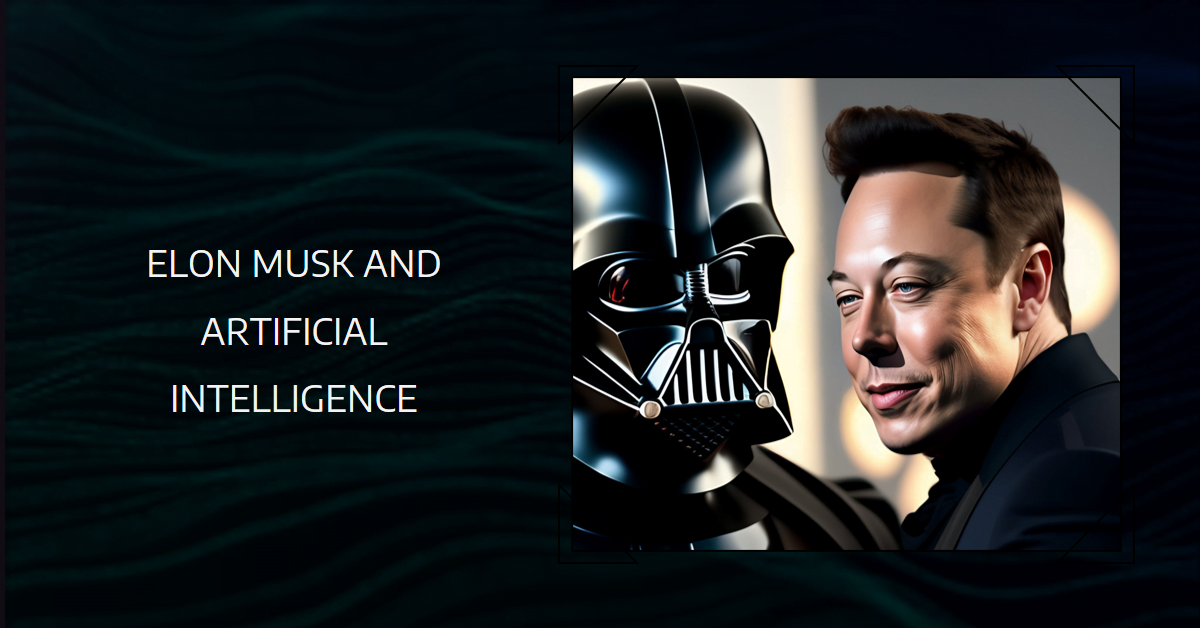
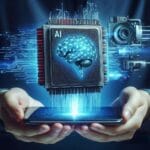
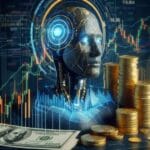
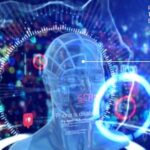


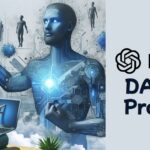
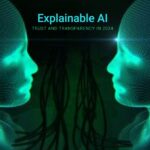


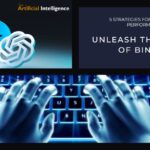
3 thoughts on “Elon Musk and Artificial Intelligence: A Match Made Inside the Singularity?”